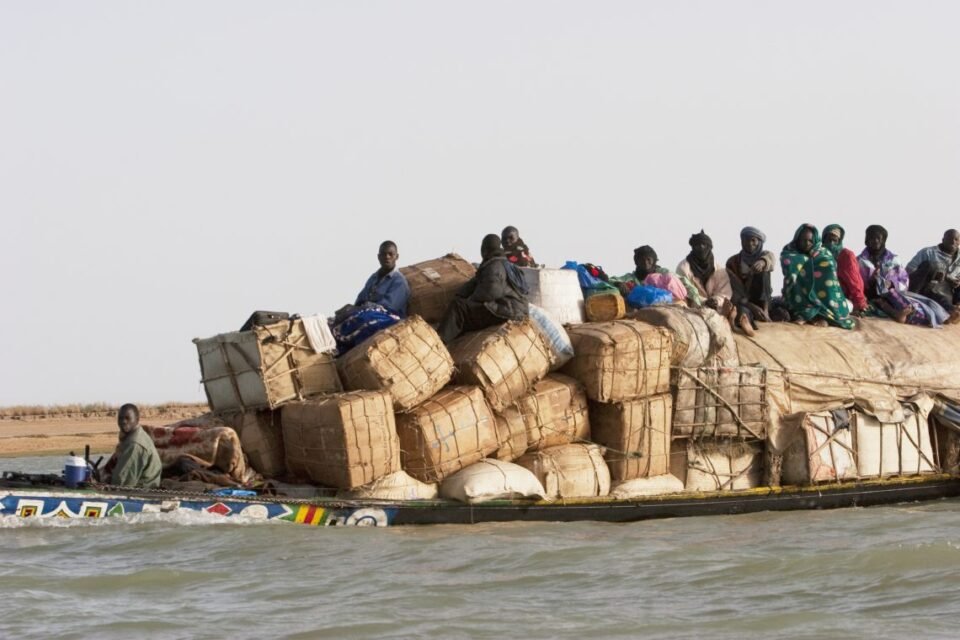Africa has the highest number of landlocked countries globally and few navigable rivers to connect inland regions to ports. Rivers like the Nile, Congo, and Niger provide some access, but many are only partially or seasonally navigable.
This lack of reliable water transport creates a “geographic tax,” making it expensive to move goods. Manufacturers in Africa face higher costs compared to competitors in other regions with better transport networks. Investing in waterway infrastructure could greatly reduce transportation costs and improve trade efficiency.
Insufficient Rail Infrastructure
Rail is the second most cost-effective way to transport goods, but Africa’s rail networks are limited. Most existing lines were built for specific purposes, such as transporting minerals to ports, rather than serving as part of a cohesive regional infrastructure.
This lack of a comprehensive rail system forces most cargo onto poorly maintained roads, increasing transportation costs and limiting trade efficiency. Expanding and upgrading rail networks is essential for making African goods more competitive.
The Current State of Intra-African Trade
According to the African Export-Import Bank’s 2024 report, intra-African trade grew by 3.2% in 2023, reaching $192 billion. This accounts for 14.9% of Africa’s total trade—modest compared to intra-continental trade in regions like Asia and Europe.
South Africa leads with a 21.4% share of intra-African trade, and the southern African region contributes 41.1% of the total. The Democratic Republic of Congo (DRC) plays a pivotal role, exporting copper to Zambia and sourcing mining machinery and pharmaceuticals from South Africa.
Addressing Additional Obstacles
Cross-border road transport in Africa is expensive, plagued by delays, and vulnerable to corruption. Bribes and border inefficiencies act as unofficial tolls, further driving up costs.
AfCFTA aims to address these issues by promoting institutional reforms, streamlining customs processes, and investing in better infrastructure. However, sustained efforts and collaboration across nations are required to overcome these challenges.
Moving Forward
AfCFTA offers Africa an opportunity to reshape its economic future, but its success will depend on more than just agreements on paper. Investments in transportation, infrastructure, and anti-corruption measures are vital. With the right strategies, AfCFTA can unlock Africa’s vast potential, fostering prosperity across the continent.

